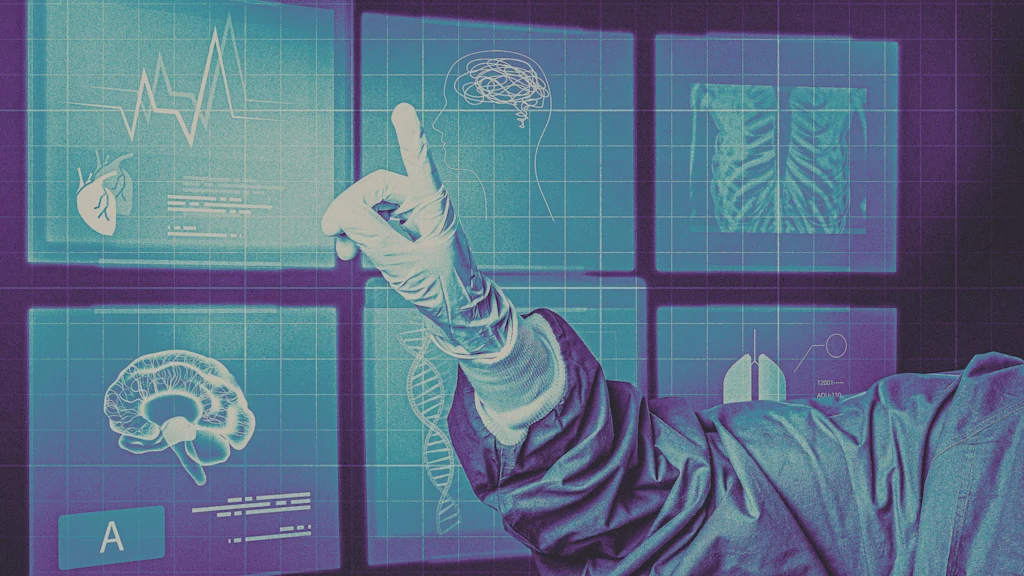
"The reality is, most doctors don't compete with each other; they fight to survive under the weight of the healthcare system's administrative demands. Providers face burnout from outdated processes, complex government regulations, and the confusing world of insurance payers. While many AI tools promise relief, too often they create new points of friction-interfaces to learn, workflows to manage, or alerts to respond to-adding rather than removing complexity."
"For AI to be truly impactful for doctors, it needs to recede into the background. Specifically in a clinical setting, AI should be present but not visible, perceptive but not intrusive, and powerfully helpful without demanding attention or detracting from time with patients. Unfortunately, contrary to their intent, many of today's AI tools can actually increase workloads rather than decrease them."
Many physicians experience AI as added complexity and a barrier to patient care rather than a solution. Administrative burdens, outdated processes, government regulations, and complex insurance systems drive clinician burnout. Electronic health records initially promised efficiency but increased documentation demands and reduced personal interaction. Many AI tools promise relief yet introduce new interfaces, workflows, and alerts that add friction. AI must adapt by operating unobtrusively, supporting workflows without demanding attention, and integrating into clinical practice to reduce workload and restore patient focus. Design should prioritize invisibility and perceptiveness to prevent added workload.
Read at Fast Company
Unable to calculate read time
Collection
[
|
...
]